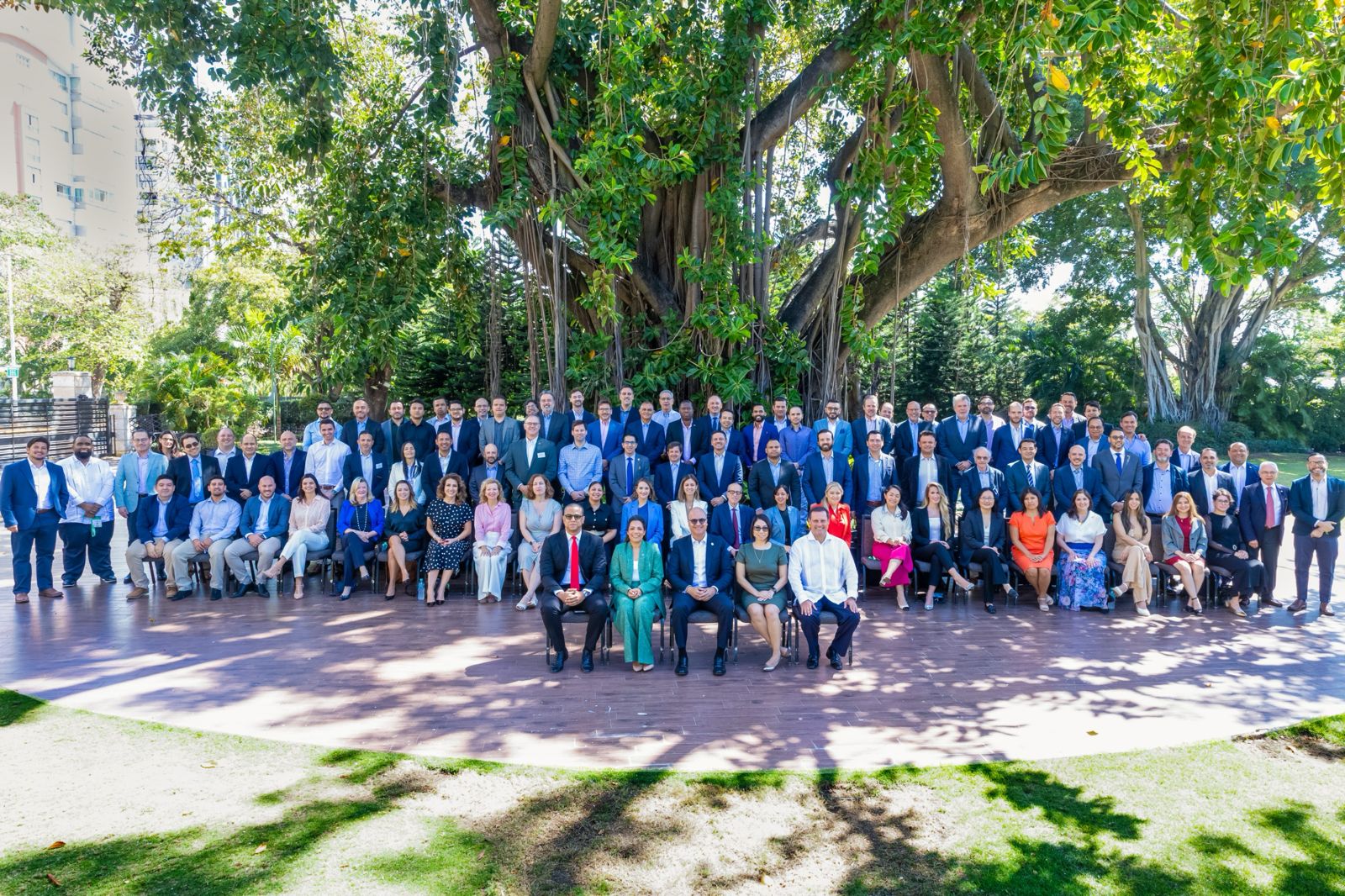Energy transition in aviation is possible but requires immediate and decisive actions
The ALTA Fuel & Sustainability Conference, underscored the importance of establishing a regional roadmap to achieve emission reductions tailored to the region’s specific context.
March 31, 2025

Panama, March 31, 2025 – The ALTA Fuel & Sustainability Conference, underscored the importance of establishing a regional roadmap to achieve emission reductions tailored to the region’s specific context. Speakers addressed the topic from multiple perspectives in Santo Domingo.
Adriana Abrão, CEO of Ca'arbom, emphasized the necessity of an integrated approach to energy transition. "Producing sustainable aviation fuels (SAF), investing in new technologies, and implementing CORSIA offset mechanisms require clear regulations, adequate infrastructure, and economic incentives. With the mandatory phase of CORSIA approaching, we must define strategies that maximize climate, social, and environmental benefits," she stated.
Meanwhile, Cesar Augusto Pereira, Director of Sustainability for Commercial Aviation at Embraer, advocated for immediate actions from the sector. "We cannot be discouraged by challenges in increasing SAF availability or delays in new zero-emission technologies. Fleet modernization, operational optimization, and efficient air traffic management are already viable measures today. We need to act swiftly to achieve net-zero emissions by 2050," he explained.
The event also addressed sustainability comprehensively, including social and governance aspects (ESG). Paola Plá, Deputy General Director of IDAC, highlighted the importance of gender equality. "There is no sustainable development without inclusion and equal opportunities. For us, this commitment is crucial for innovation and responsible growth," she affirmed. Cristina González, Vice President of Engineering and Maintenance at Arajet, added, "Diversity is essential to strengthen the industry, drive innovation, and ensure the sector's evolution."
Jet fuel is and will continue to be essential for the growth of the aviation industry in the region
Regarding fuel supply, Andrés Roqué, Vice President of LATAM Supply at World Fuel Services, warned about sector volatility.
Iván Saco, Head of Commercial Aviation at Exolum Aviation, pointed out structural challenges in the region. "Limited infrastructure and high costs are obstacles, but there is investment capacity and talent available to overcome them," he indicated.
The importance of operational efficiency was emphasized by Marcus Vinicius Bertato, Fuel and Airport Fees Manager at GOL. "Fuel represents a significant cost, so optimizing its use is crucial for economic and environmental viability," he highlighted.
Carlos Vianna, Director of Business Development for Latin America at SITA, presented artificial intelligence-based solutions for optimizing fuel consumption. "With machine learning, we generate customized recommendations according to variables such as weather conditions and aircraft status, achieving savings of up to 5% during taxiing," he explained.
The ALTA Fuel & Sustainability Conference reaffirmed the necessity of effective collaboration between the public and private sectors to advance the sustainability agenda and ensure a more efficient and responsible future for aviation in the region.


























